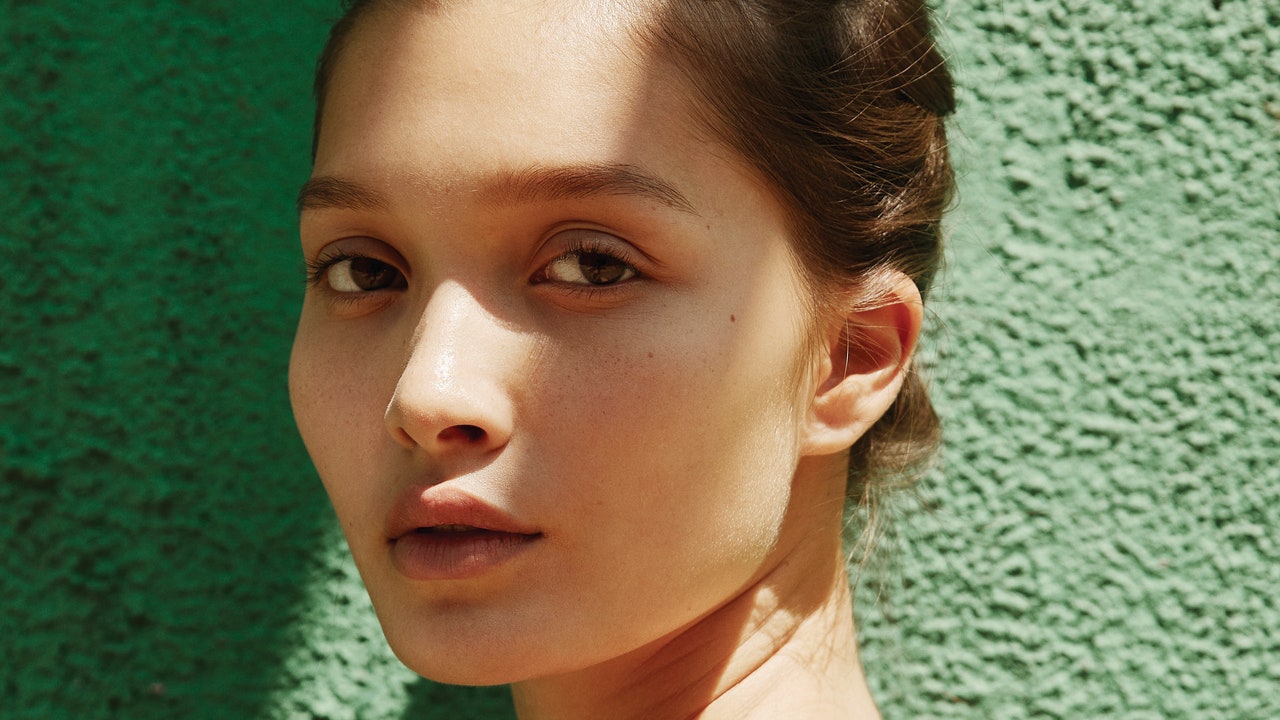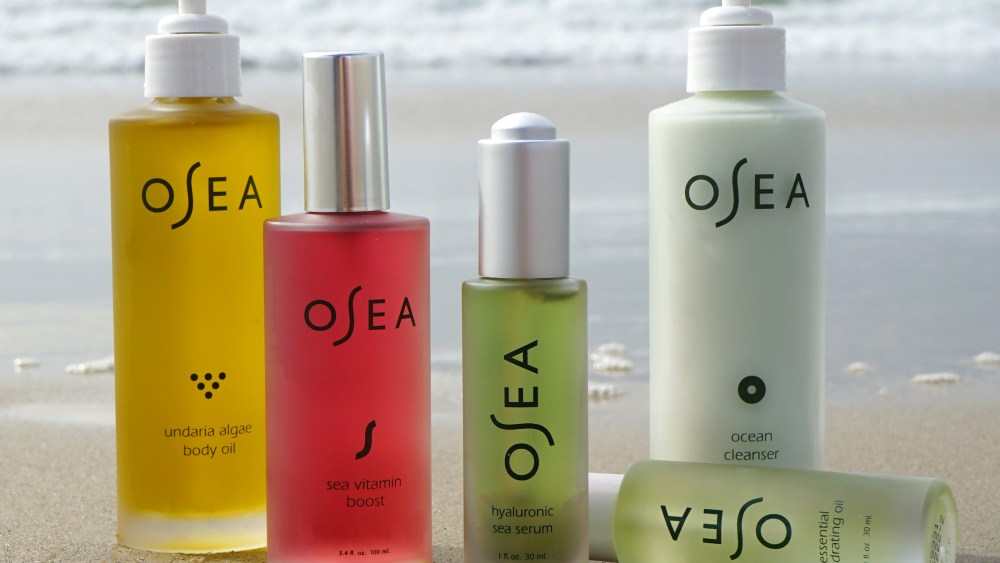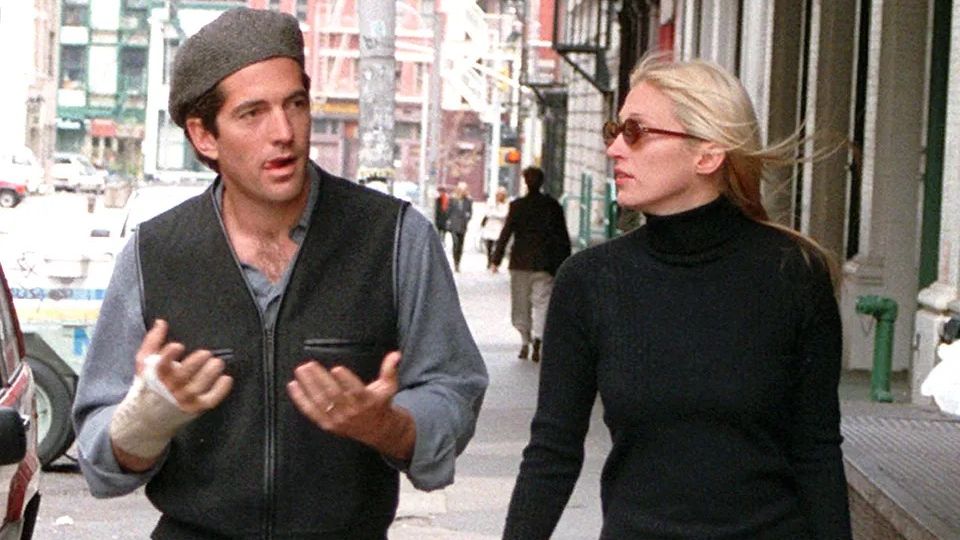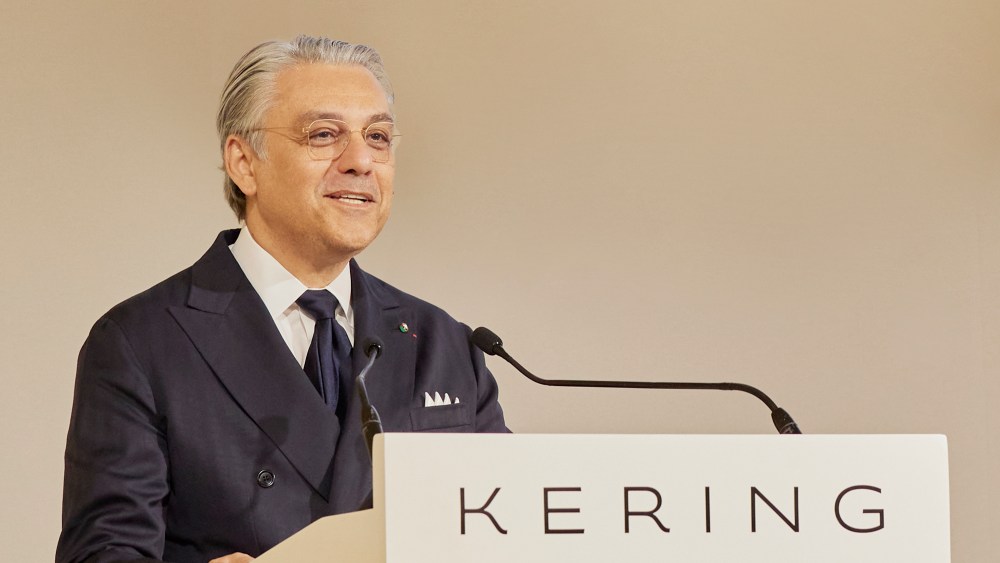
SPF Level: “Picking a sunscreen does not have to be complicated!” Tomassian bids. “Look for a sunscreen that is SPF 30 or higher and broad spectrum, meaning it blocks both UVA and UVB rays. You want to use at least two finger lengths of sunscreen for the full face, and when you are out in the sun, reapply every two hours to maintain adequate sun protection.” Apply your sunscreen at least 20 minutes before you go outside.
Type: According to Murphy-Rose, physical sunscreens (otherwise known as physical sunscreens, or sunblock) provide a physical barrier between the skin and the sun’s harmful rays, while chemical sunscreens work by chemicals penetrating the skin and then absorb UV rays to prevent sun damage and skin cancer. “Although both can be incredibly effective, chemical sunscreens can be somewhat more irritating to sensitive skin,” explains Dr. Nazarian. “Physical sunscreens are a bit more stable, but are also a little more occlusive and can trap heat, so it may feel a little heavier than the chemical sunscreens.” Zinc oxide and titanium dioxide are mineral sunscreen agents to look out for.
Texture: How the sunscreen sits on the skin can make all the difference in your wear. Those looking for something under makeup might appreciate a lightweight formula or something with a primer-like texture. Conversely, someone with dry skin might consider a richer, emollient formula similar to a face cream. That being said, keep your routine (and skin type) in mind when selecting your SPF this year.
White Cast: A white cast is that white, almost-purple hue left behind after applying some sunscreens. This often happens with mineral formulas that utilize zinc oxide to provide a physical barrier between the skin and sun rays. Fortunately, most sunscreens these days—even mineral options—do not leave a white cast.
Broad Spectrum: The term broad spectrum means that your sunscreen protects against both UVA and UVB rays. If a sunscreen is not labeled “broad-spectrum” it only protects against UVB rays, meaning you are more susceptible to damage from UVA rays.
Editors’ Review: Trust that our editorial team has tested each sunscreen on this list (and more, that were not featured!) to ensure we can speak to texture and sensitivity concerns. That being said, if our editors feel strongly about any given formula, you’ll see the endorsement noted in each product caption, alongside those of our dermatologist experts. TL;DR: The Chanel UV Essentiel Complete UV SPF 50, EltaMD UV Clear Broad-Spectrum SPF 46, Naturium Dew Glow Moisturizer SPF 50, and SkinCeuticals Sheer Physical Fusion UV Defense SPF 50 are our favorites by far.
#Sunscreen #Face #Skin #Experts #Vogue #Editors





